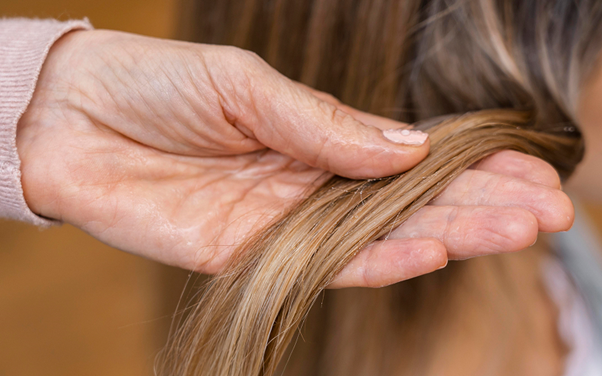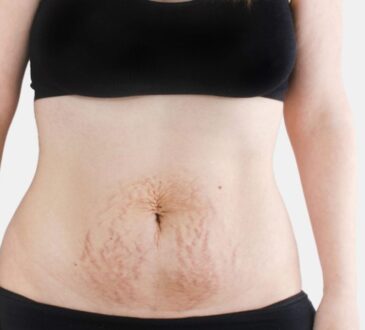
Hair loss is a common concern for both men and women in Singapore, yet it remains surrounded by a cloud of myths and misconceptions. With so much misinformation online, it is easy to believe that simple habits or old wives’ tales can determine the fate of your hair. Understanding what truly causes hair loss is the first step to addressing it effectively, whether through lifestyle changes or professional solutions like hair treatment in Singapore. By separating fact from fiction, individuals can make informed decisions about their hair health.
1. Hair Loss Is Only Inherited From Your Mother’s Side
One of the most widespread myths is that baldness or hair thinning is solely inherited from the maternal side of the family. While genetics plays a significant role, it can be inherited from either parent. This means if your father experienced hair thinning, you may also be at risk. Scientific research shows that multiple genes from both sides contribute to hair density, growth patterns and susceptibility to hair loss. Instead of focusing solely on family history from one side, it is better to monitor your hair health and consult a professional when you notice changes.
2. Wearing Hats Causes Hair Loss
Another common belief is that wearing hats frequently leads to hair loss due to restricted airflow to the scalp. In reality, hair follicles get oxygen from the bloodstream, not the surrounding air. Wearing a cap or hat will not suffocate your hair or cause it to fall out. However, consistently wearing overly tight headwear could lead to traction alopecia, a form of hair loss caused by constant pulling or pressure on the roots. Choosing comfortable and well-fitted hats eliminates this risk.
3. Washing Your Hair Too Often Makes It Fall Out
Many people avoid washing their hair daily for fear that it will accelerate hair loss. In truth, washing your hair removes dirt, oil and dead skin cells from the scalp, which helps keep follicles healthy. Hair that falls out during washing is usually hair that is already in the shedding phase of the growth cycle. The average person loses between 50 to 100 hairs daily, regardless of shampooing frequency. The key is using a gentle cleanser that does not strip natural oils or irritate the scalp, especially for those considering a targeted hair loss treatment.
4. Stress Always Leads to Permanent Hair Loss
While extreme stress can trigger temporary hair shedding, known as telogen effluvium, it does not always result in permanent hair loss. Once the stressor is managed, hair growth typically resumes within a few months. However, chronic stress can contribute to long-term issues if it leads to poor nutrition, sleep deprivation or hormonal imbalances. Managing stress through a balanced lifestyle, regular exercise and mindfulness practices can support overall hair health.
5. Hair Products Can Permanently Damage Hair Follicles
Some fear that using hair dye, gel, or styling products will cause irreversible hair loss. While overuse of harsh chemicals or heat tools can weaken and break the hair shaft, the follicles beneath the scalp are generally unaffected unless there is severe scalp damage. Choosing quality hair products and limiting chemical treatments can help maintain stronger, healthier hair. Regular scalp care is also important in preserving long-term growth potential.
6. Only Men Experience Significant Hair Loss
Although male pattern baldness is more widely recognised, women also experience significant hair thinning. Female pattern hair loss often presents as diffuse thinning across the scalp rather than receding hairlines. Hormonal changes during pregnancy, menopause or due to medical conditions can also contribute to hair loss in women. Recognising the signs early and seeking professional advice can improve outcomes, whether through medication, lifestyle changes or specialised hair treatment.
7. Natural Remedies Always Work Better Than Medical Treatments
Some believe that home remedies such as herbal oils, scalp massages or dietary supplements are always safer and more effective than medical treatments. While certain natural methods may improve scalp health, they may not be sufficient for conditions like androgenetic alopecia. Combining natural approaches with clinically proven treatments can often deliver better and longer-lasting results. Consulting a professional ensures that the chosen method addresses the root cause of hair loss rather than just the symptoms.
Conclusion
Understanding the truth behind common hair loss myths empowers you to make better decisions for your scalp and hair health. Not all hair loss is permanent, and early action can improve the chances of regrowth. Whether the cause is genetic, hormonal or lifestyle-related, professional guidance can provide clarity and direction. If you are concerned about hair thinning or want to explore effective options, consult a specialist for a personalised hair loss treatment. Take control of your hair health today and contact Bee Choo Origin to find the most suitable solution for your needs.




